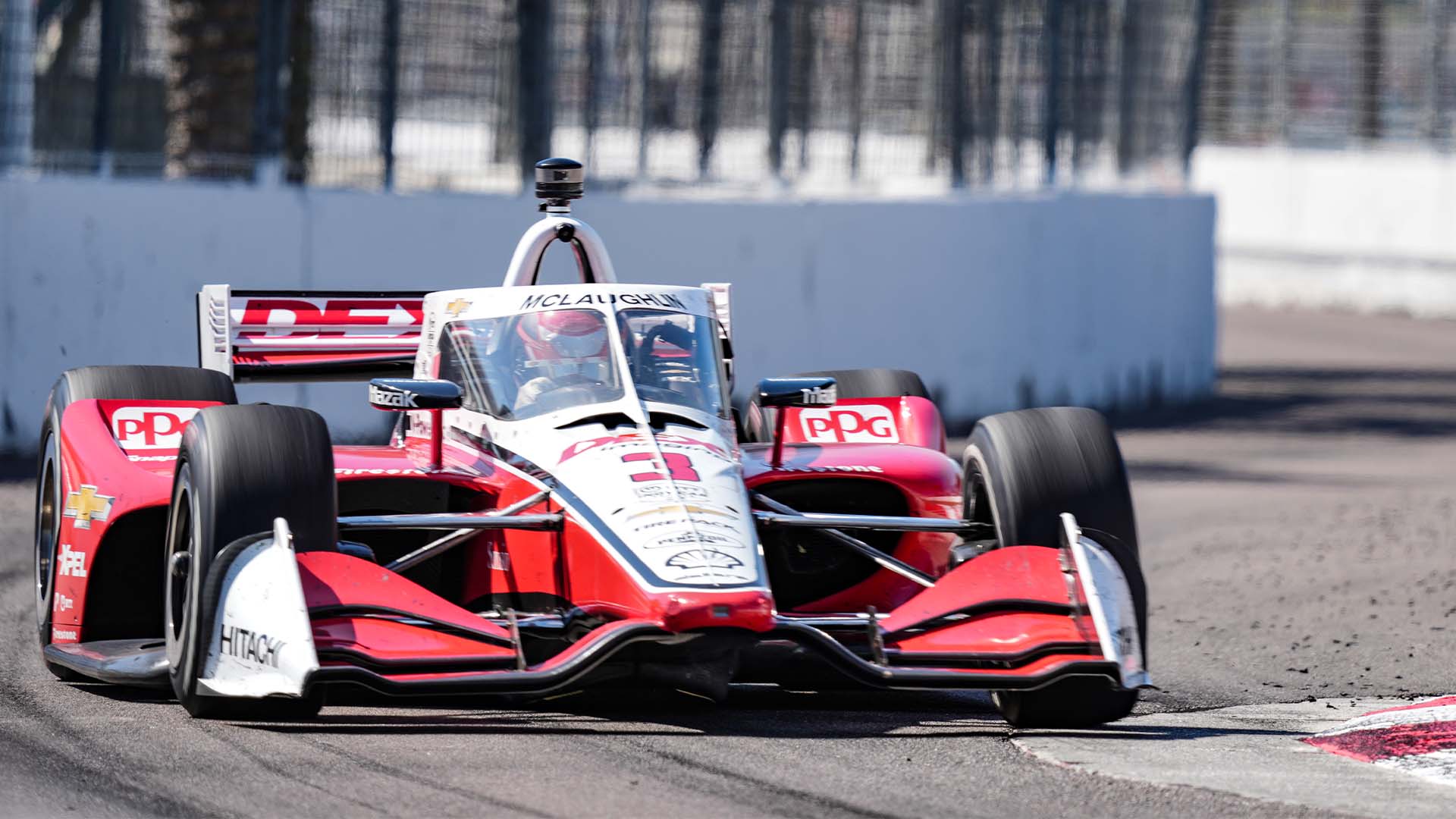

Due to ongoing global supply chain challenges with various components, IndyCar is pushing back the introduction of its new engine and hybrid system to the 2024 season. Suppliers Honda and Chevrolet say their development’s on track, they just can’t guarantee the parts will be available to build enough to support an event as big as the Indy 500.
Back in 2020, IndyCar insisted it was gonna get the new powertrains out for 2023, despite the challenges of COVID and Honda’s withdrawal from F1. Two years down the line, that’s been pushed back to 2024. Assuming this timeline sticks, it’ll bring in 2.4-liter, twin-turbocharged V6s, along with enough hybrid power to take them up to an intended 900 horsepower. The new, bigger internal combustion engines are actually slated to run at Sebring this month on March 30 and 31. Again, the development’s on track, but their introduction’s been delayed due to supply.
The problem is, for Honda and Chevrolet—IndyCar’s current engine suppliers—it’s not totally clear whether they’ll have enough parts to provide powertrains for the whole field. IndyCar’s had engine and even chassis shortages before (a dire chassis shortage nixed Beth Paretta’s first Indy 500 entry) but when you’re introducing a whole new system, you’ve gotta be confident you can, uh, actually deliver it. And right now, the hybrid parts are the problem.

“We are pleased with the pace of the technical development of the 2.4 liter, twin-turbocharged V-6 hybrid as we prepare it for competition,” explained IndyCar President Jay Frye. “We are very encouraged by the progress our team and our partners have made, but an immediate decision needed to be made to ensure we are prepared for the 2023 season utilizing our current 2.2-liter engine package.
“We are very excited to get the electrified era of IndyCar racing underway,” added David Salters, president and technical director of Honda’s IndyCar program. “We have finished development and dyno testing of our new internal combustion engine, and once the hybrid system component supply chain issues are sorted, we’ll begin track testing of the new hybrid power unit.”
It’s not clear if this is part of the global chip shortage crisis or another element of the hybrid systems but IndyCar also won’t be introducing the 2.4-liter engine on its own before hybridization—the series confirmed that it’d stick with its current 2.2-liter lumps for now.
Got a story tip? Mail it in on tips@thedrive.com